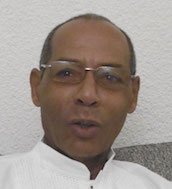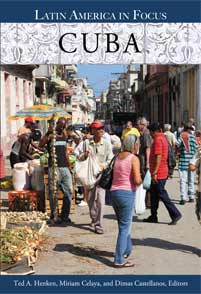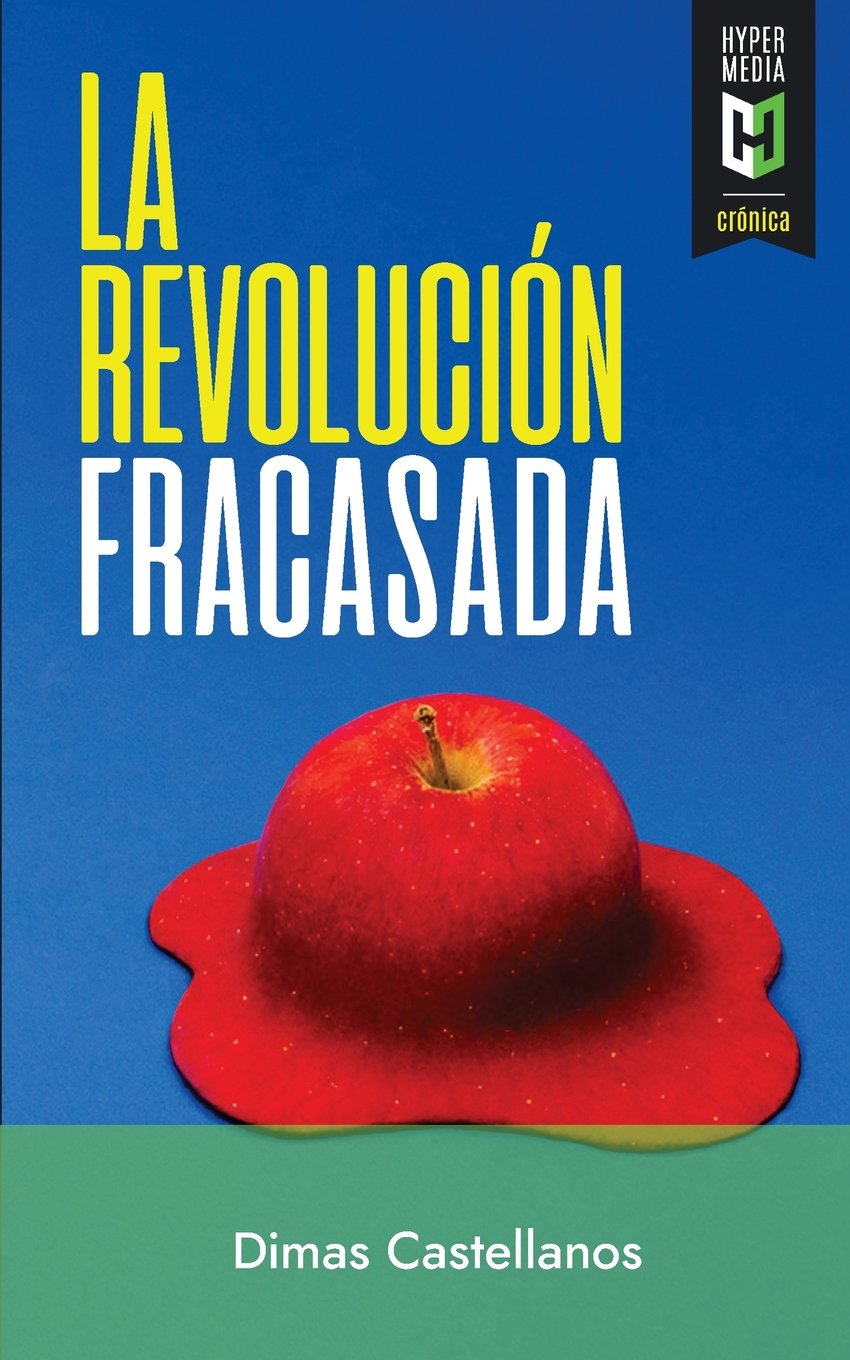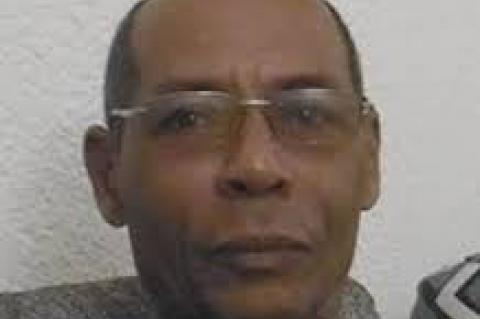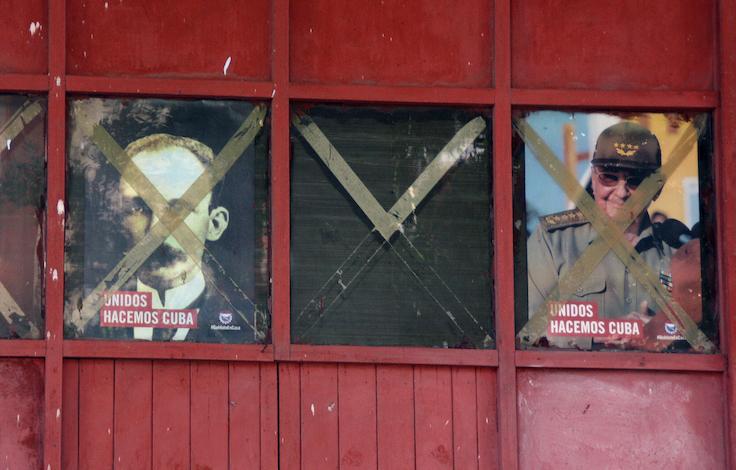The lack of a middle class in Cuba and the economy's decline
Cuba's lack of a middle class explains perfectly its shortages, prices and the catastrophic nature of the Cuban economy.
The middle class occupies an intermediate position between workers and the business class. Its peculiarity lies in the fact that, since it does not have enough capital to live on passive income, it participates directly in business management, in which it plays an indispensable role. In Cuba, from the 19th century to the first half of the 20th, important figures ranging from Bishop Espada to Manuel Dorta Duque, José Antonio Saco, and Francisco de Frías, spoke out in favor of the development of a national middle class. José Martí summed it up when he said: "A nation that has many small proprietors is rich. A society with some rich men is not rich, but rather one in which everyone has a little wealth. In political economy and in good government, distribution means success."
The disappearance of a middle class in Cuba explains to a large extent the facts that: 1- Our island went from being the world's leading exporter of sugar and coffee to an importer; 2- Cattle ranching was once the second economic activity in the country, and today powdered milk has to be imported to enough milk for children under seven years of age, the sick, and pregnant women; and 3- Tobacco, in addition to having fallen since 1958, in the current harvest will suffer a 10% reduction in cultivated area.
In the Cuba of the 1950s companies in the hands of the middle class, in addition to their role in the production of sugar cane, coffee, tobacco, and cattle, produced footwear, textiles, paintings, fruit, food, sweets, meat, pork, poultry, and milk byproducts, which explains why the island produced more than 80% of what it consumed, and provided countless services: gastronomic, housing construction, transportation, repairs, publication, education and health.
Their role in this production and these services was facilitated by the Constitution of 1901, whose Article 32 stated: "No one may be deprived of their property, except by the competent authority and for a justified cause of public utility, pending the corresponding compensation." The 1940 Constitution, in its Article 87, meanwhile, recognized "the existence and legitimacy of private property understood broadly, with no more limitations than those established by law for reasons of public necessity or social interest." Thanks to these legal foundations, Cuba ranked among the three Latin American countries with the highest standard of living.
In contrast, under the Basic Law of the State, which prevailed from 1959 to 1976, not only were large companies and all national industry with more than 25 workers expropriated, but also furriers, clothing stores and bodegas; the 1,000 farms covering more than a designated surface area passed directly into State hands under the Second Agrarian Reform Law of 1963; and in 1968, with the Revolutionary Offensive, the 55,636 small and medium-sized private companies that had survived the wave of expropriation were seized, dealing a coup de grâce to Cuba's middle class. The 1976 and 2019 constitutions established the socialist state enterprise as the predominant form in Cuba, prohibited the concentration of property in legal persons or individuals, and ranked private property fourth in the seven forms they recognized.
In response to repeated failures, the Government was forced to reintroduce private companies under the euphemism of "self-employment," to hand over in usufruct (the right to enjoy the use of someone else’s property) a portion of the land that the State was unable to render productive, and to create various forms of "cooperatives." These were measures subject to a series of limitations and impediments to guarantee the State's monopoly and prevent the resurgence of a national middle class. The result: the current shortages and the rises in prices resulting from the shortages generated.
After decades of failed experiments, the list of permitted self-employment activities was replaced by another list of prohibited ones, among them: audio recording and music editing; art galleries; independent journalism, travel agencies and tour operators; research and business activities; the wholesaling of motor vehicle parts and accessories; the rental and leasing of recreational and sports equipment; everything related to the legal and accounting areas, except bookkeeping; architecture and engineering, the press, art, and wholesale trade. That is, the activities that generate the greatest profits, those that can generate a strong middle class and, therefore, weaken the State's monopolistic control.
More recently, given ongoing failures, the creation of Micro, Small and Medium-sized Enterprises (MSMEs) was authorized, but with the same caveat: state companies will continue to be the main form.
The development and existence of a middle class is so natural and necessary that, despite all the measures of the State to prevent its resurgence, it sprouts up as soon the slightest crack appears in the totalitarian system's wall. Its potential roots lie with private workers in the countryside and the city, the members of "cooperatives," professionals from all spheres, and Cubans with the possibility of participating as investors due to their ties with relatives abroad.
What is required is to endow them with legal personality, rights and the freedom to produce, engage in commerce, and associate in defense of their interests; and to reform the 2014 Law 118 on Foreign Investments, which defines an investor as a "natural or legal person , with domicile and capital abroad." In other words, Cubans residing abroad can be investors, but, since they lack a domicile and capital in Cuba, they cannot be part of the Cuban middle class.
The results of more than six decades have shown that the bosses, administrators and officials that replaced Cuba's former proprietors lack the sense of belonging that ownership and direct participation in business management generates.
Nothing justifies the exclusion of Cubans —an enterprising people with initiative and high levels of education— from participating as investors shaping their country's destiny. The elimination of the national middle class has meant a regression, one so detrimental to the Cuban nation that its restoration is vital.
